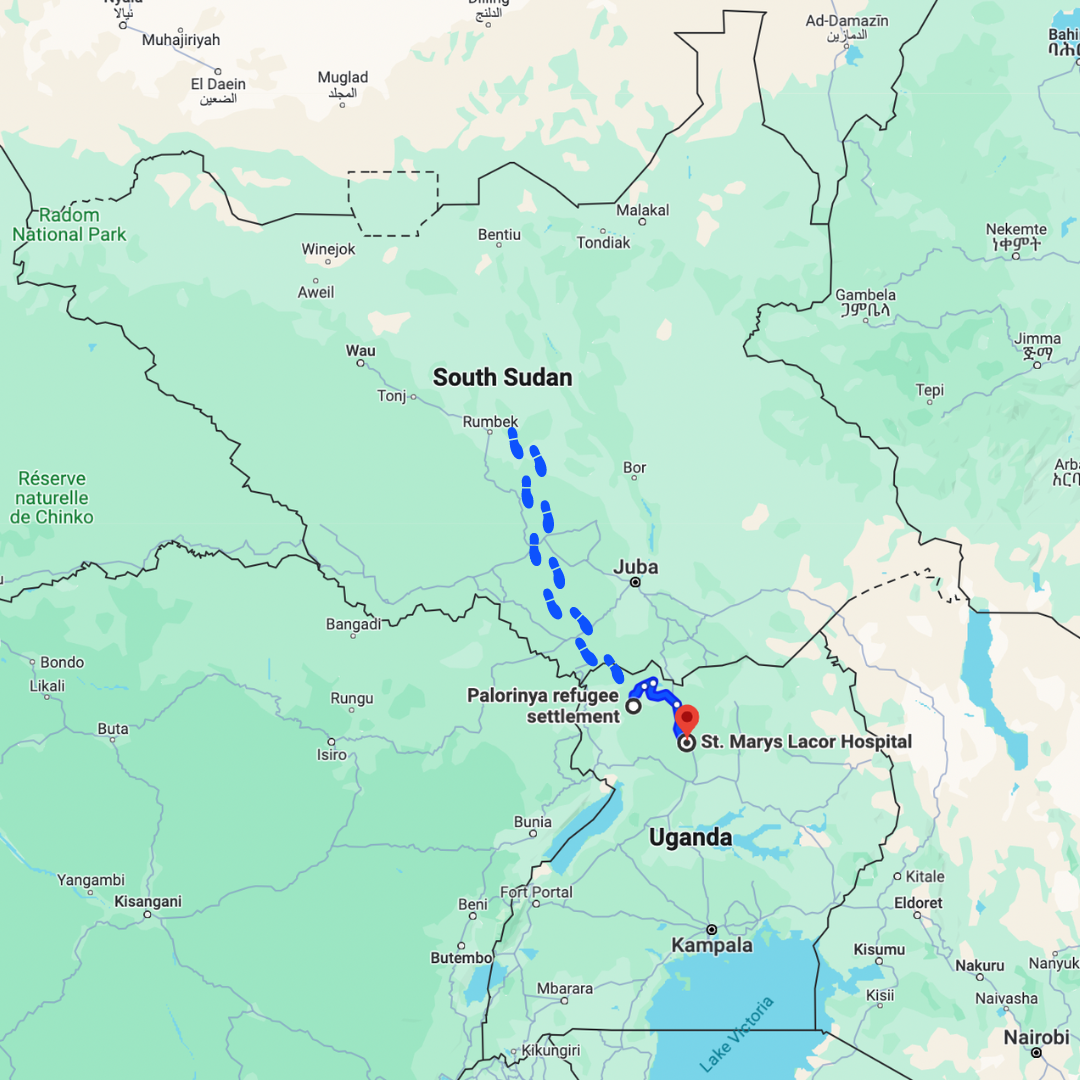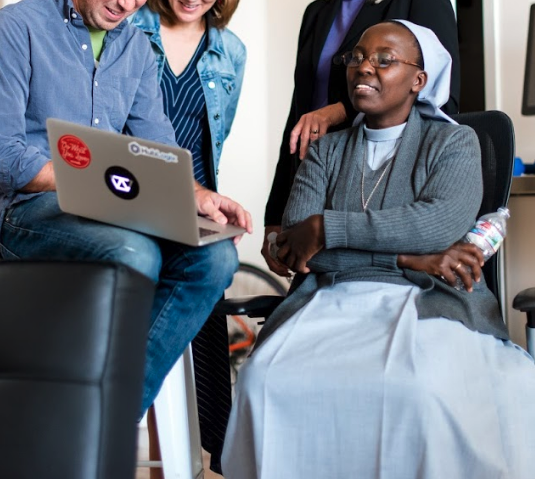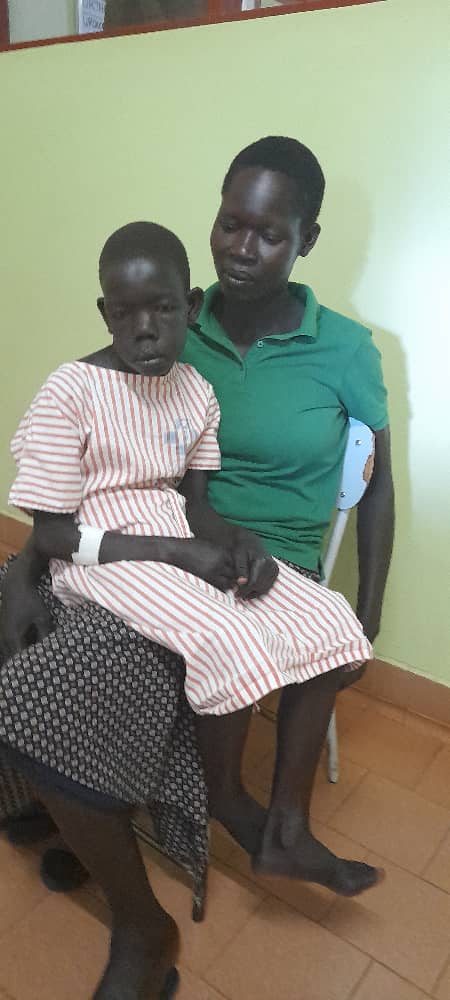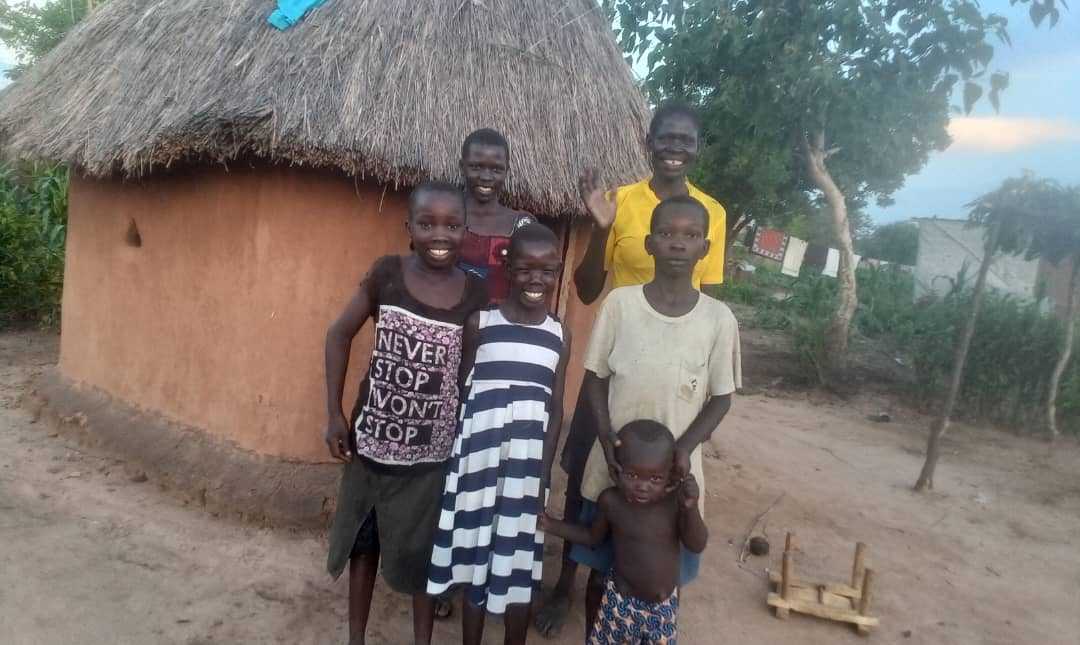Did you know refugees are ten times more likely to lack access to healthcare compared to the general population? (UNHCR). The Watsi community is working every day to change that, creating stories of hope and resilience that inspire us all.
Imagine a world where everyone has access to the healthcare they need, no matter where they are. That's our mission at Watsi—to make healthcare a reality for all, especially the world's most vulnerable. Yet, too many are still left behind: those impacted by crisis and extreme poverty, people with disabilities, last-mile communities, and refugees fleeing in search of safety. By partnering with local medical organizations around the world, we ensure that the unique needs of each community are met with understanding and care. Our frontline teams, deeply rooted in these communities, understand the language, culture, and challenges, turning the dream of accessible healthcare into a tangible reality.
Here's one story of this tangible impact and how our global community came together to transform one girl's life—helping her get from a refugee camp to a hospital bed for the care she needs to thrive.
"Can Watsi help?"
In April, I was contacted by a woman who had recently visited a refugee settlement in northern Uganda called Palorinya—home to families who have fled violence in nearby South Sudan. She shared the story of a ten-year-old girl she met named Tracy who was living with a severe medical condition affecting her abdomen. From the photos shared, her condition appeared similar to a severe hernia or a large mass, a common condition for patients on Watsi. We needed a clearer diagnosis and to link her with our closest medical partner, but I was hopeful that our community would be able to help.

Tracy’s life began just like most girls her family knew in their town in South Sudan. Born without complications, she was the second child in her family. However, just a few days after her birth, her skin began to show signs of roughness and dryness, and a swelling appeared around her umbilical region. Despite multiple visits to hospitals and an early operation, her condition persisted. Her mother, Poni Rose, shared how much this filled her with despair and isolated her from even her own family at a moment when their community was falling further into crisis from the humanitarian emergency impacting their young country.
Our team at Watsi moved with urgency.
I reached out right away to our local medical partner African Mission Healthcare (AMH) who has a network of hospitals across Uganda to explore possibilities for treatment. Edward, the Impact Assessment Coordinator from AMH, suggested contacting St. Mary's Lacor Hospital in Gulu, Northern Uganda, which was home to a high-quality surgical team who could potentially treat Tracy.
Coordination was crucial.
We needed to understand Tracy’s condition better and hoped to minimize travel given her health and the distance from the refugee camp to suitable hospitals. Sister Gertrude, a longstanding partner to Watsi's programs in Uganda and leader in safe surgery served as an integral part of this mission. She was in constant communication with Dr. Odong, the Medical Director at Lacor Hospital, to facilitate the logistics as we hoped that Tracy could undergo treatment.

We tried to arrange a detailed phone call with Tracy’s family to gather more information about her condition and previous treatments, but despite the vast growth of mobile connectivity even in refugee communities around the world, her family still does not have a phone. Working hand in hand with an NGO in Palorinya called Hope Health Action, Sister Gertrude began assisting Tracy’s family and coordinating the necessary steps for her medical review.
Despite the geographical and logistical hurdles, we managed to schedule an appointment for Tracy with the surgeon at Lacor Hospital.

The community’s support was overwhelming.
From local NGOs to individual donors, everyone contributed to ensure that Tracy could travel to Gulu and receive the care she desperately needed.
On a Tuesday morning, Tracy and her mother made the journey. Dr. Odong and his team were ready. The surgery, though complex, was successful. Tracy began her recovery with the support of the hospital staff and her family.
Post-surgery, Tracy stayed at a local lodge near the hospital, facilitated by the funds raised through Watsi’s platform. Soon after, Tracy traveled back to Palorinya, where she was welcomed with open arms by her family and community, her bright smile a testament to her newfound health and hope. Relief finally settled in for Tracy's mother as she looks forward to brighter days ahead.
Her mother, Poni Rose, expressed her gratitude:
“I am filled with joy and happiness because my daughter is now doing fine.”

The collaboration between our team, our global community of supporters, AMH, Hope Health Action, local NGOs, and the hospital staff exemplified the unstoppable power of human connection, community, and the impact of how coming together to do good can forever change lives.
Tracy’s journey from a refugee camp to a hospital bed in Gulu is a story of hope and resilience.
This story underscores the importance of investing in healthcare access for everyone—including refugees—and the vital role of organizations like Watsi in bridging this gap.
UNHCR reports that over 80% of the world's displaced people are hosted in developing countries where healthcare systems are already overwhelmed and under-resourced. Tracy’s story is a stark reminder of this disparity and a call to action that we all must do better. At Watsi, our mission is to connect people from around the world to directly fund life-changing surgery for those who need it most, just as we made possible for Tracy and her family. Edward from African Mission Healthcare shared a sentiment that resonated deeply with us:
"It is humbling to see how coming together radiates joy to those in greatest need. I love their smiles."
Tracy’s story is just one of many. And, too many who are still waiting.
We remain unwavering in our commitment to healthcare accessibility and supporting access to safe surgery for the world's most vulnerable.
As we reflect on Tracy’s journey, we are reminded of the generosity of our community and the impact we can have when we come together to take action. We extend our heartfelt thanks to everyone involved in making Tracy’s surgery possible and to all those who continue to support our mission so we can help even more patients in need—no matter where they are born or where they live.
Our dedication to healthcare equity goes beyond individual stories like Tracy’s. Through our model of sustainable partnerships with local organizations, we're able to extend our reach to provide essential care for refugees living in camps, such as those on the Thai-Burma border fleeing from the world's longest-standing civil war. Our work in these communities is a testament to our commitment to ensuring health for all and building resilient roads to care, regardless of circumstance.
Together, we can ensure that stories like Tracy’s are not the exception—healthcare really can be a reality for everyone. On this World Refugee Day, we celebrate not just Tracy’s journey to good health but the remarkable network of support that made her care possible and is creating vital access every day. From the initial outreach to her successful surgery, every step was a collective effort driven by compassion and a shared belief in the right to health for all.
Mackinnon Engen
Executive Director @Watsi